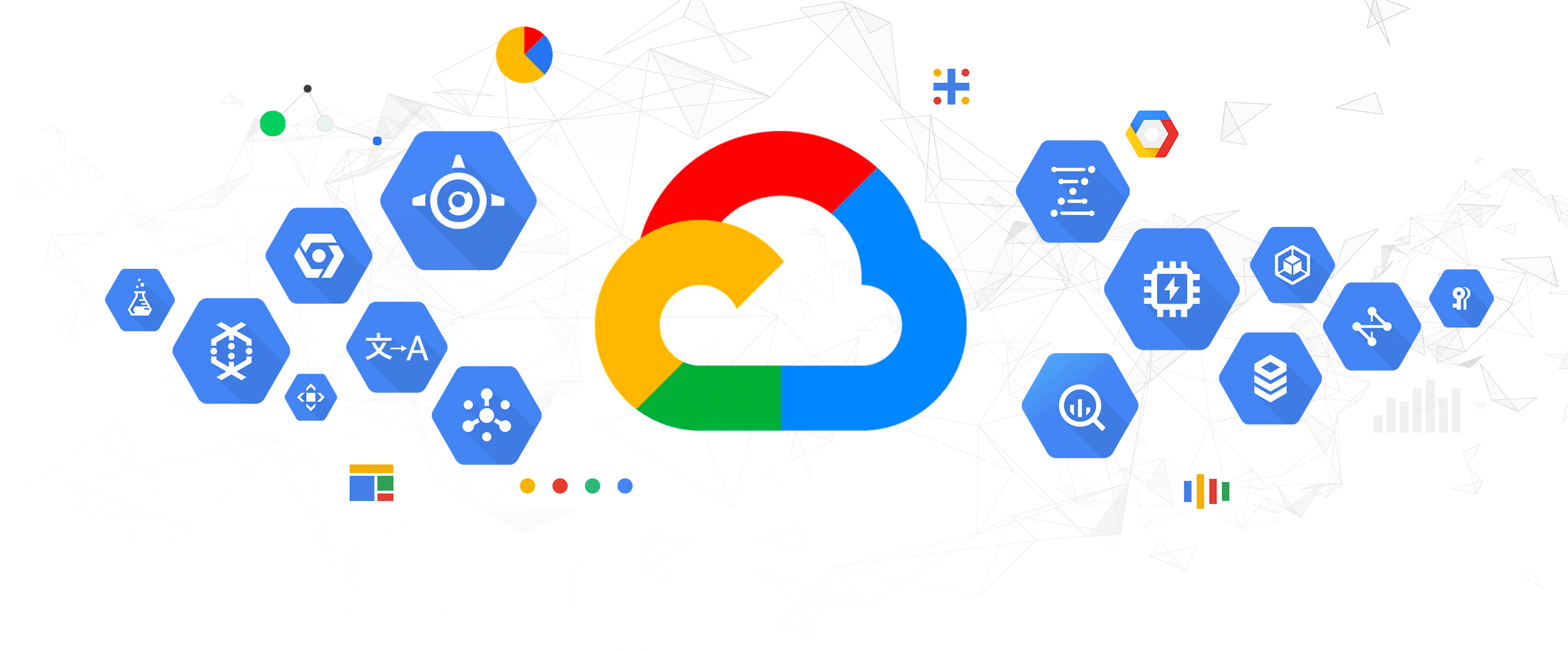As the world continues to evolve, affecting the way people live, interact and spend their time, the resultant shifts inevitably impact the way businesses operate and interact with their customers. The increasing pivot towards all things digital has placed more pressure on businesses to be responsive and adaptive to customer needs that are changing more quickly than before.
Before 2020, the primary focus of organisations was transforming the customer experience, while largely still operating on the same foundations they always had. With the onset of global restrictions and lockdowns, many businesses that were initially resistant to change were forced to evolve with the times or disappear.
This philosophy is at the forefront of digital transformation - but what exactly does it mean? It’s a phrase so commonly thrown around that its meaning has become somewhat opaque. Additionally, how can businesses utilise it to become more agile and adaptable in an increasingly unpredictable world?
What is Digital Transformation?
Digital transformation is something often discussed but not clearly defined. As a result, many organisations tend to dismiss it as lofty jargon that’s more focused on being up to date with the latest tech and tools, than adapting to change as a necessity.
We can define digital transformation as the process of incorporating digitalisation and digital capabilities to drive change across a business. This change incorporates people, processes and operations. At a practical level, it’s used to create new business operations and modify or adapt existing ones in line with changing market and customer requirements.
It’s not about buying the latest or most in-trend tech, it’s about assessing your unique structure and needs as a business and utilising the technology necessary to meet them.
At the heart of digital transformation is a holistic embrace of change. Making singular and disconnected changes within siloed departments, such as marketing or IT, won’t have the same transformative impact. It’s about a complete reimagining of how a business operates, the systems on which they operate, and how they communicate and share information both internally and externally.
How Salesforce Is Helping to Facilitate Digital Transformation
Businesses looking to successfully implement digital transformation across their organisations need to have a clear and cohesive change management plan in place that incorporates all aspects of the business, including:
- Operational ability and agility
- Employee and team empowerment
- The customer experience
- Digital technology and tech stack
- Workplace culture
Focusing on these core areas, businesses can identify what processes need to evolve and be introduced to enable better, smoother day-to-day operations. Changes and upgrades implemented should be consistent and work in tandem.
Underpinning most business stagnancy is how they house their data - whether it’s business data, employee data or customer data. Relying on separated, disconnected spreadsheets or data systems that are static and don’t reflect changes and updates in tandem across the organisation make efficiency and agility difficult to achieve.
Changing the way your business houses, stores and shares data is the foundation upon which real digital transformation can take place. Adopting a dynamic customer relationship management (CRM) tool as the primary data warehouse of the business, allowing all employees and departments to have instant access to a singular source of truth, is the origin point of digital transformation - and in this manner, Salesforce is at the forefront of facilitating digital transformation efforts.
It’s Not Just About Tools - It’s About People
Remember that transformation is about improvement, not just relating to processes but to people as well. Your business is made up of the processes that run its operations and the people who oversee and facilitate them. Digital transformation needs to consider and value your employees and their role in the process of change.
A business implementing digital transformation needs to be mindful and supportive of how these changes will impact the way its employees work. If employees don’t understand how these transitions will ultimately benefit them, they may be hesitant to embrace the changes which could impact the outcome of success.
Employees need to understand from the get-go what changes are being implemented, how they will impact the way they work and how they will help them succeed and make it easier for them to do their jobs. Clear and open communication every step of the way needs to underpin successful transformation efforts.
Digital transformation is as much a state of mind as it is a plan of action. It encourages businesses to adopt a mindset of change and to continuously ask themselves how they could be improving or delivering better customer service. This commitment to adaptability enables the flexibility and agility that businesses require to future-proof their operations against market unpredictability and instability.
CloudSmiths is Africa’s largest Salesforce implementation partner and trusted advisor. We offer end-to-end Salesforce consultation, implementation, development and support services:
- Consulting and advisory services
- Salesforce development
- Salesforce licences
- Managed services and support
- Salesforce implementation
- Salesforce Training









